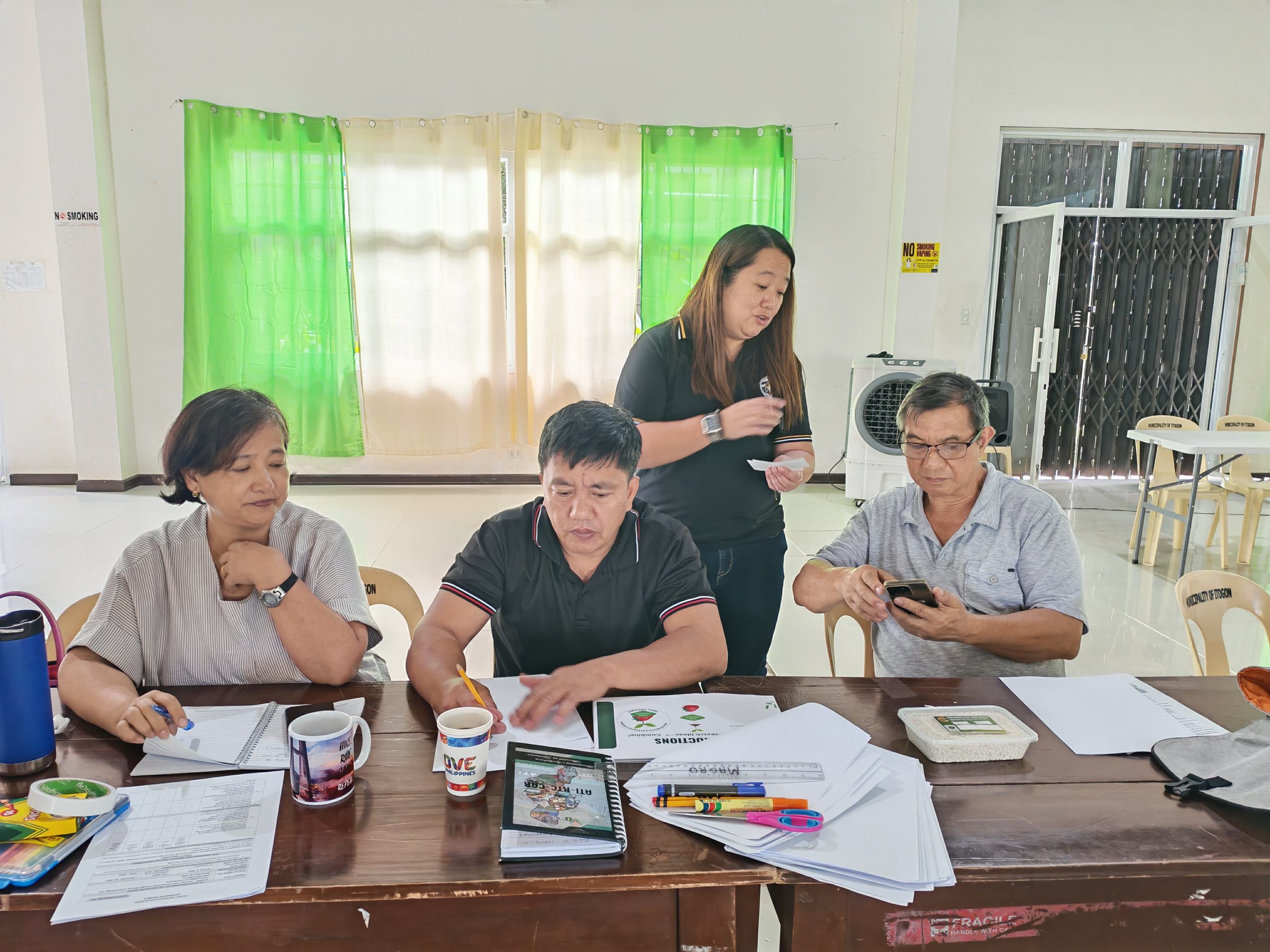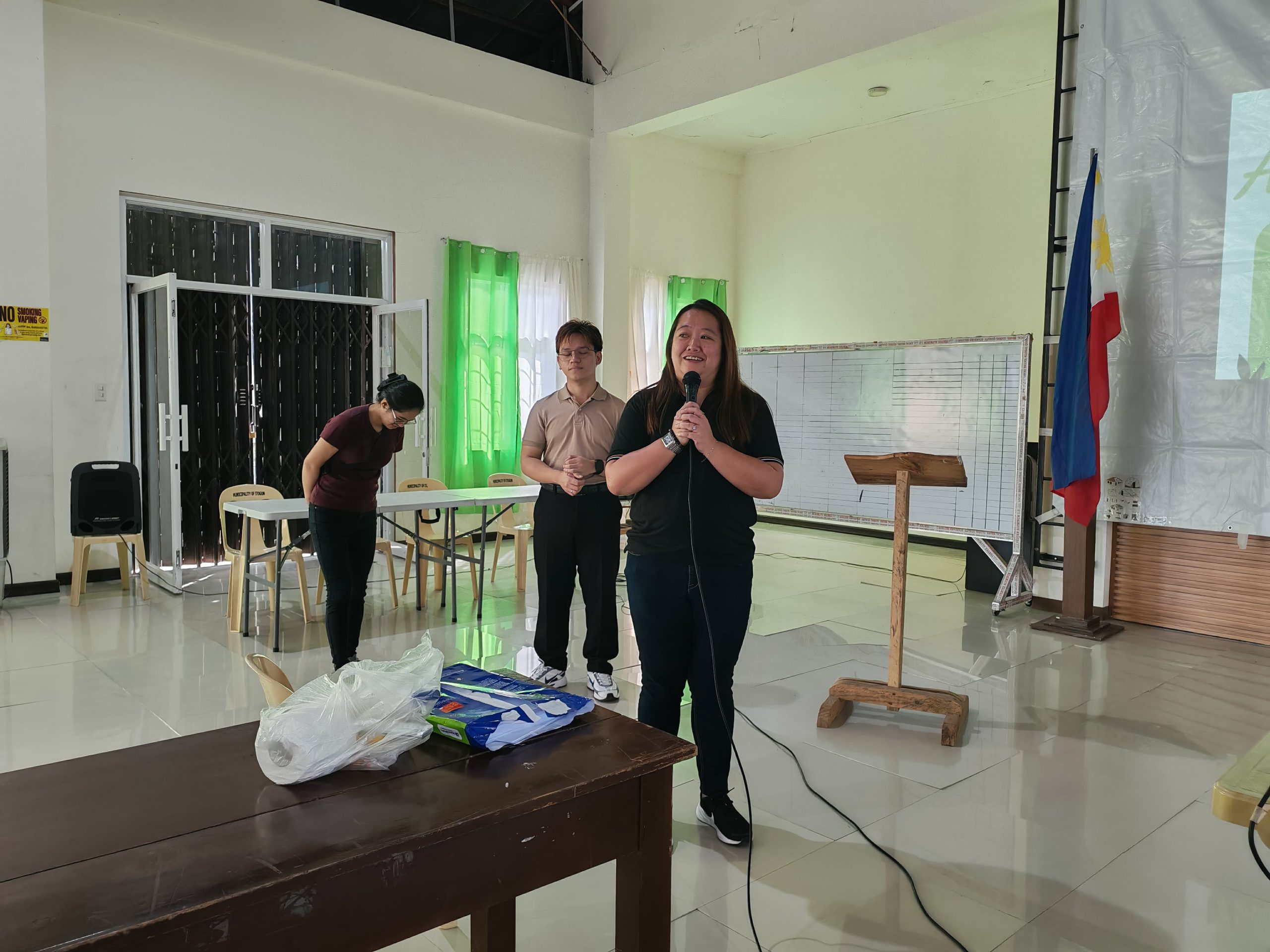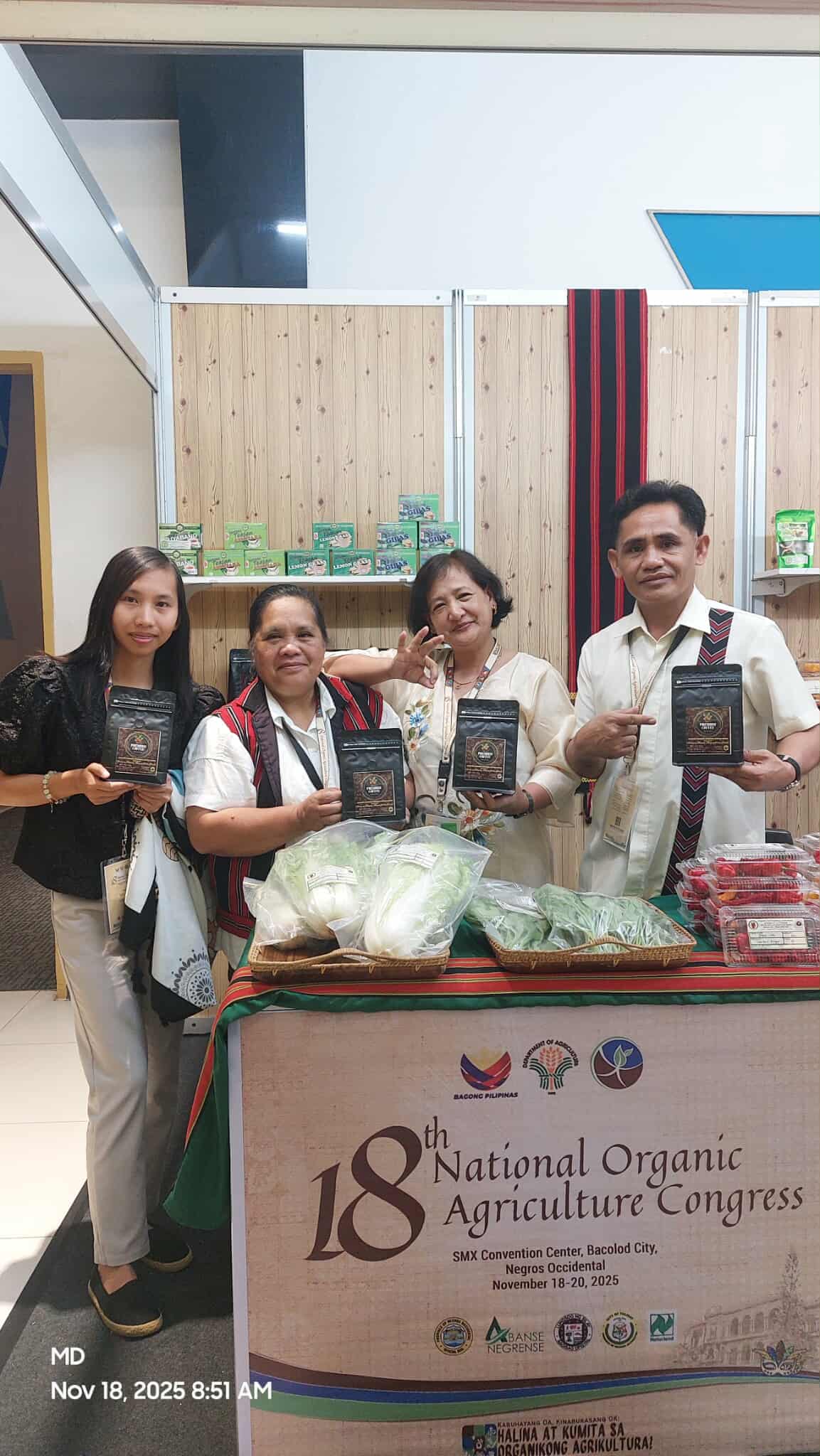Saint Louis University’s (SLU) commitment to community empowerment and technology transfer recently culminated in a significant achievement for local agriculture, as the SLU Department of Trade and Industry Fabrication Laboratory (SLU DTI FABLAB) provided crucial design support that enabled Itogon farmers to showcase their products nationally.
The partnership with the Department of Agriculture – CAR, which focused on improving product marketability, resulted in organic produce from the Itogon Integrated Organic Farmers Association (IIOFA) being professionally packaged and displayed at the 18th National Organic Agriculture Congress (NOAC) held in Bacolod City on 17-21 November 2025. This success highlights the university’s mission to leverage its state-of-the-art facilities for tangible socioeconomic development in the Cordillera region.
The core of this initiative was a comprehensive Training on Organic Product Packaging and Labelling held from 29-30 October 2025, in Itogon, Benguet, with the theme: “Protecting Quality and Extending Shelf Life through Proper Packaging and Labelling.” With the direct participation of Engr. Caroline M. Bautista of the SLU DTI FABLAB, and technical experts, the training equipped IIOFA members and other farmers with Virac with essential skills, focusing on Packaging Design and Functionality and, most critically, adherence to Labelling and PGS (Participatory Guarantee System) Organic Compliance.


The FABLAB’s involvement provided the necessary technical design and prototyping services, transforming the farmers’ high-quality raw organic produce into market-ready products with compliant, eye-catching branding. This impactful partnership directly supports SDG 2 (Zero Hunger) by promoting sustainable agriculture, and SDG 8 (Decent Work and Economic Growth) by generating economic opportunities for small-scale producers.
Armed with their new and enhanced product identities, the IIOFA successfully participated in the 18th NOAC in Bacolod, a premier national event for the organic agriculture sector. This platform allowed the local farmers to connect with a wider market, validating the effectiveness of the SLU DTI FABLAB’s intervention in enhancing the value and reach of their organic harvest. The project is a direct demonstration of how SDG 17 (Partnerships for the Goals) between the academe and government (DTI and DA), when channeled through community extension, can create significant economic opportunities, ensuring that quality organic produce from the Cordillera can compete and thrive on the national stage. (Article by C. Bautista | Photos by SEA)








